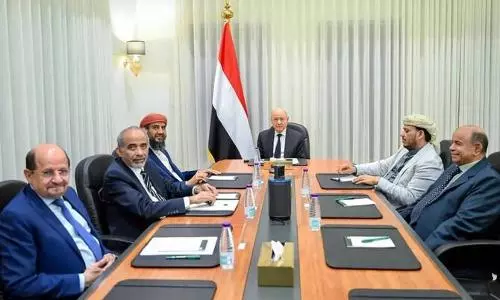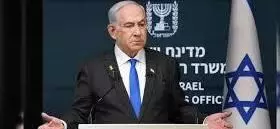
Israel asserts autonomy in retaliation decisions amid conflict with Iran and Hezbollah
text_fieldsIsrael has made it clear that it will independently determine how to retaliate against recent missile strikes by Iran, despite close cooperation with the United States.
Prime Minister Benjamin Netanyahu's office emphasized on Tuesday that Israel will consider U.S. opinions but ultimately make decisions based on its own national interest, following Iran’s firing of around 200 missiles earlier this month.
The Israeli government’s statement comes after U.S. President Joe Biden urged caution, advising against striking Iran’s nuclear or oil facilities to avoid escalating tensions into a broader war.
A report by The Washington Post revealed that Netanyahu had reassured U.S. officials that Israel was focusing on military targets. However, Israel's recent statement reflected a more assertive stance.
This development coincides with ongoing exchanges of fire between Israel and Hezbollah, the Iran-backed militant group, along Lebanon's border. Israeli airstrikes hit several targets in Lebanon, including the eastern city of Baalbek, where a hospital was knocked out of service. Meanwhile, Hezbollah launched rocket attacks on northern Israel, continuing its involvement in the escalating regional conflict.
The fighting has caused significant casualties in Lebanon, with over 1,300 people killed and nearly 700,000 displaced, according to Lebanese health ministry figures. Humanitarian organizations, including UNICEF and the World Food Programme, have called for urgent assistance to address the growing crisis.
Israel maintains that its military actions are aimed at pushing back Hezbollah to secure its northern border and protect Israeli civilians affected by rocket fire. Hezbollah, in turn, claims its attacks are in solidarity with Palestinian militant group Hamas, which launched an attack on Israel last year, sparking ongoing violence in Gaza.
In Gaza, Israel has intensified its military operations, leading to the deaths of over 42,000 people, mostly civilians, according to the local health ministry.
The humanitarian situation continues to deteriorate, with organizations like the Red Cross warning of "unimaginable fear" and suffering among families in the besieged region. Despite these challenges, Israel remains focused on neutralizing Hamas fighters, while concerns about the wider regional implications of the conflict continue to grow.

















